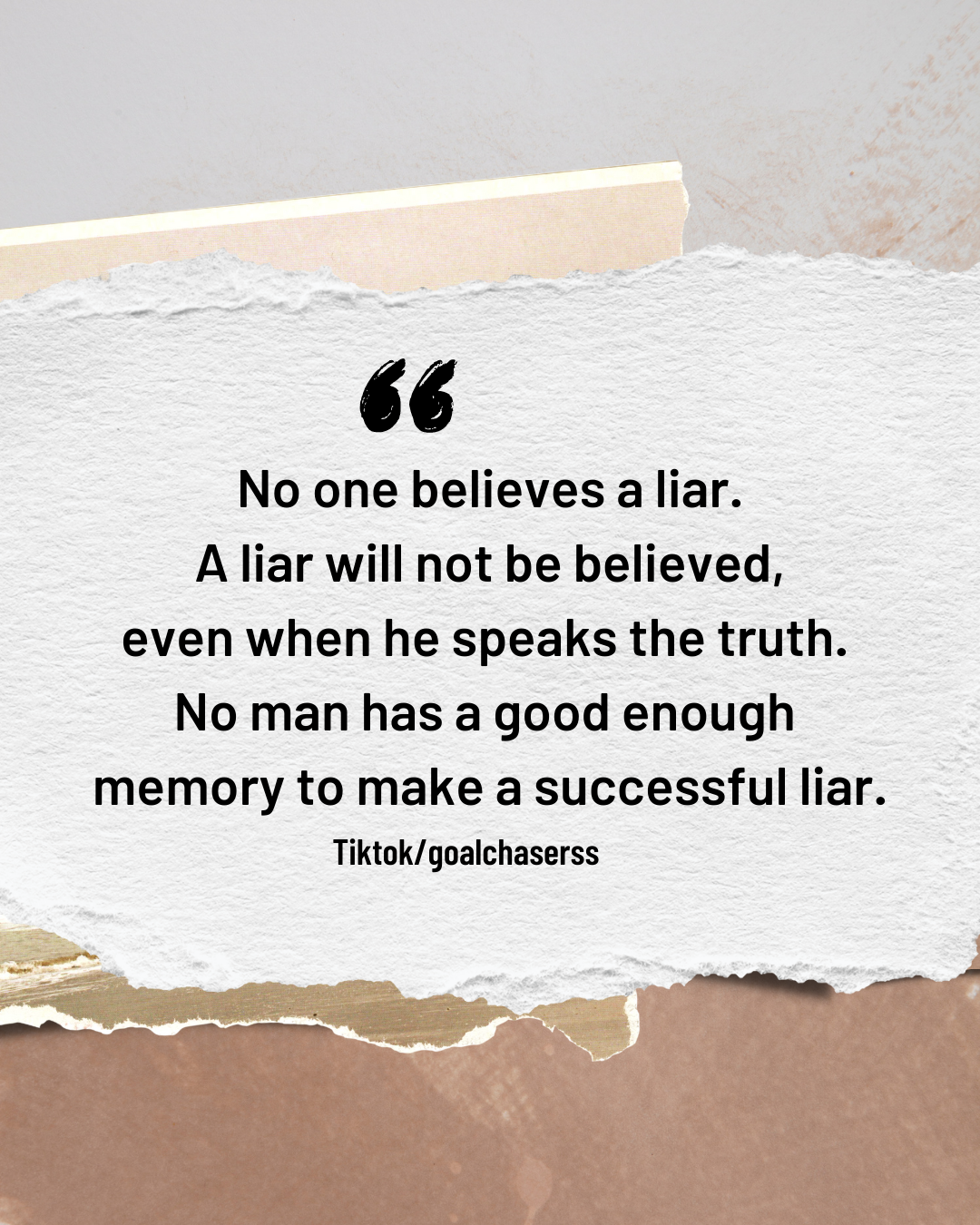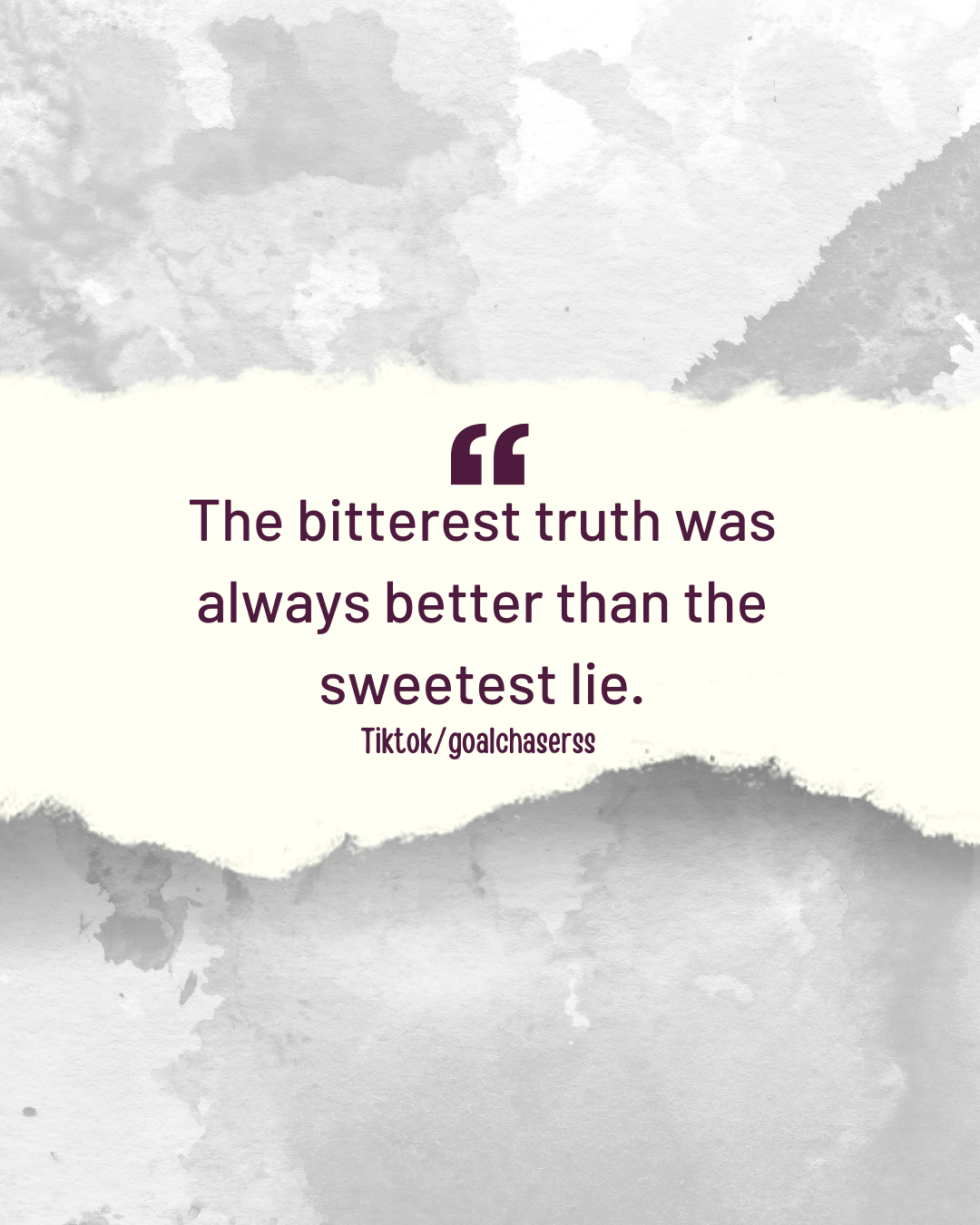"Secrets Revealed: How to Spot a Liar with These 8 Mind-Blowing Techniques!
In a world where truth and deception often intertwine, the ability to identify a liar can be an invaluable skill. Whether you're dealing with personal relationships or professional encounters, understanding how to spot a liar can empower you to navigate complex situations. While no single method guarantees infallibility, here are some straightforward yet effective ways to sharpen your lie-detection skills.
Observe Body Language:
The body often reveals more than words can convey. Pay attention to signs of discomfort, such as fidgeting, shifting weight, or avoiding direct eye contact. For instance, if someone scratches their neck while denying a particular action, it might indicate a lack of truthfulness.
Detect Inconsistencies in Statements:
Liars often struggle to keep their stories consistent. Listen carefully for any contradictions or changes in their narrative. For example, if a friend claims to dislike a certain food but is later spotted enthusiastically devouring it, their words may not align with their actions. Inconsistencies like these are potential indicators of deceit.
Read Microexpressions:
Microexpressions, those fleeting facial expressions lasting only milliseconds, can provide crucial insights. Watch for momentary flashes of surprise, anger, or fear that contradict the person's expressed emotions. Suppose your colleague claims to be excited about a new project but briefly displays a microexpression of anxiety. It could be a sign that they're not being entirely honest.
Listen for Verbal Discrepancies:
Pay attention to changes in tone, pitch, or speech patterns. Liars may unintentionally display vocal inconsistencies while attempting to maintain deception. If someone's voice suddenly becomes unnaturally high-pitched or their speech slows down when answering specific questions, it could be an indication of falsehood.
Detect Missing Information:
Liars often omit details or avoid discussing certain aspects to manipulate the truth. Look out for gaps in their story or vague responses. For instance, if someone claims to have spent the evening with friends but fails to provide any specific names or locations, it's worth digging deeper. Missing information can be a telltale sign of dishonesty.
Assess Emotional Responses:
When confronted with accusations, genuine emotions often come to the surface. Liars, however, may overreact or underreact to divert attention from their deception. For example, if someone bursts into tears at a seemingly minor accusation or remains stoic despite a significant event, it could be a sign of their dishonesty.
Pay Attention to Response Timing:
Deception can be reflected in the timing of a person's response. Liars may take longer to answer questions as they construct plausible explanations. They might also attempt to divert attention or change the subject. If someone consistently delays their responses or avoids addressing specific queries directly, it's essential to be cautious about their honesty.
Look for Clusters of Behaviors:
Instead of relying on a single cue, consider the accumulation of deceptive behaviors. Look for clusters of nonverbal and verbal cues that align with dishonesty. For instance, if someone maintains a rigid posture, avoids eye contact, and stumbles over their words while responding to a straightforward inquiry, it's more likely that they're being untruthful. Multiple deception indicators increase the likelihood of deception.
Conclusion:
While detecting deception is an intricate art, honing your lie-spotting skills can greatly enhance your ability to navigate a world filled with half-truths and hidden motives. By observing body language, identifying inconsistencies, and assessing emotional responses, you can improve your understanding of others and make more informed judgments. Remember, no method is foolproof, but with practice, you can sharpen your intuition and become a more astute observer of human behavior.







Comments
Post a Comment